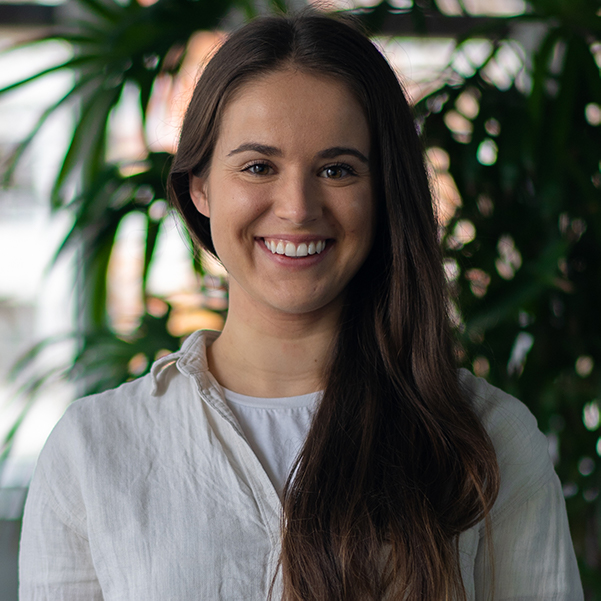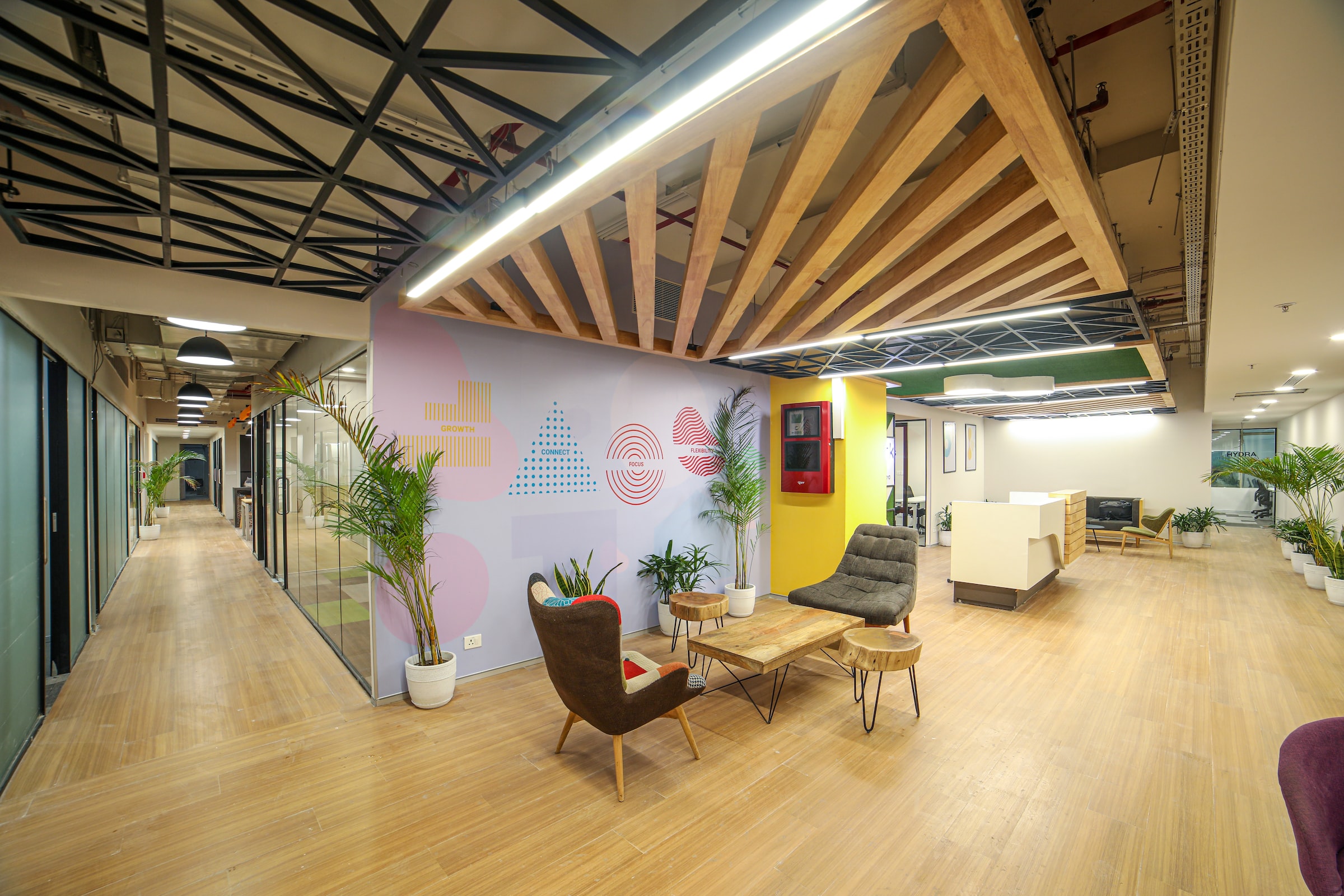Danielle Farage is on a mission to make inclusion a high priority for companies wanting better diversity.
As Head of Growth and Marketing at Café, a mobile and web app that empowers employees to collaborate effectively in a hybrid world, and Co-Admin of The Future Work Community on Upstream (a next-gen platform for networking), she works towards this goal on a daily basis.
Considering herself a cross between Gen Z and a Millennial, Danielle is in tune with what employers are looking for and what’s important to the new generation.
Listen to the following clips for the crucial questions Danielle’s asking in regard to inclusion and employee retention.
INCLUDING THE NEW GENERATION
“Where are all the young people? If we are reimagining work, then shouldn’t we involve all generations?”
Danielle recently wrote a LinkedIn post lamenting the lack of diversity at business conferences she recently attended. Mostly, all the speakers were of a certain age.
Being a workplace futurist, Danielle aims to build community through an intersection of identity, culture, and workplace. As a younger professional, Danielle has a different perspective. If the people making decisions are the same as before, who is making room for the new generation?
INCLUSION LEADS TO BETTER BUSINESS OUTCOMES
“What’s the ROI? What’s the difference between a potential sales lead who encounters the community and one who doesn’t and is there an impact on how they convert?”
Business outcomes are always first priority for companies. But realizing that community and outcome are closely linked is vital. Danielle says that employees are inspired to join a company often because of an important mission with joins like-minded people.
Danielle points to community for retaining employees who were inspired to join in the first place. But it’s not all about the employees. It’s also essential to consider the value brought to the clients.
RETHINKING HIERARCHICAL WORKPLACES
“I think the future of corporate looks a lot less hierarchical in nature and more of a community-based approach. A more equal level shared across the organization.”
If the focus is on “what is the problem we are all here to solve?” than business outcomes and community improve. If employees are able to opt in or out and give opinions with more psychological safety, productivity, inclusion, and contentment will be better.
Sabine points to Google for setting an example of workplace flexibility, agency, and skill-set management. From a pool of projects, you’re asked to spend a certain percentage of work hours on the particular focus, while being allowed to work on things that inspire you.
DIVERSITY NEEDS A DIFFERENT APPROACH
“I look at the remote conversation, the hybrid conversation, the flexible-first conversation, as one that is honestly a women’s issue.”
Danielle believes leaders and companies need to look at not just which employees are coming into the office, but who and why.
Inclusion isn’t just about feminism, but about diversity and accessibility. From working mothers who have dropped out of the workforce to people with chronic illness who simply won’t know how they will feel until the night before.
Danielle recently talked to a woman of color who often experiences microaggressions on her way to work, making it unappealing to commute. If there’s one thing that companies are doing wrong, it’s not revisiting their office policies and mandates. By doing so, they will discover what their employees truly seek.
BUILD A BETTER COMMUNITY
“Inclusion is a central theme and value behind community.”
Companies frequently don’t approach diversity with what actually attracts diverse people. Instead of focusing on hitting a quota or appearing to be progressive, Danielle thinks companies should ask themselves these questions:
- How do you build community?
- Are you a space for people to bring their authentic selves?
- Does your mission add to diverse people’s lives?
Danielle reminds those in charge not to reverse engineer diversity. If it’s canned, it is felt, and defeats the purpose.
CONCLUSION FOR INCLUSION FOR BETTER DIVERSITY
Instead of asking employees to fit in with company culture. What if companies asked, “How can this person add to our culture? Change our perspective? Add to the conversation?”
If companies recruit people who think differently, they can show up as their full selves. While diversity is about representation, its true value is in diverse thought, approach, and experience. Therefore, having a diverse culture will make companies vibrant, unique, and successful.

 5’
5’




